Arch Linux open source operating system general purpose GNU Linux distribution
Arch Linux is for x86-64 general-purpose GNU/Linux distributions. Arch Linux is used to provide the latest stable versions of the most useful Linux software by following principles of the rolling-release deployment model. The default Arch Linux installation is minimal to the base system, and it is configured by the system user to will add what is purposely required to satisfy the needs.
Archos technical details:
License: GNU GPL(General Public License).
Developer: Archos project community.
Operating Systems family: GNU/Linux.
Platforms supported: X86(32-bit), X64(64-bit).
Home page URL:https://www.archlinux.org/
Download URL:https://www.archlinux.org/download/
Tutorials/Documentation URL:https://wiki.archlinux.org/
Arch Linux development aims at the following principles:
simple: comes with minimal changes from upstream released packages. It has minimal overhead to adjust/change system paths.
Modern: it maintains a well-structured packages list based on a rolling release system feature
pragmatic: it has a set of useful guidelines to use the Arch system.
User-centered: User-friendliness using a set of internet resources for bugs reporting, contributions, Arch users repository, Arch wiki documentation, Forums, Mailing lists, IRC channels.
Versatile: It is ready to accept a customized environment by choosing high-quality packages from official repositories.
Arch Linux is a well-known OS example for its simplicity as without unnecessary updates or modifications. All the stable and updated releases are from the original developers (known as upstream) with minimal distribution-specific (known as downstream) updates or changes.
Arch Linux adds the configuration files provided by upstream with minimum changes to the latest version. The distribution-specific issues like adjusting the system file paths for ease of access will not add any automation features to an existing installation.
Arch Linux has inbuilt support to many of the new features which may be available to GNU or Linux users, includes the systemd init system, latest file systems, LVM2, software RAIDs, udev support and initcpio, mkinitcpio, and the latest kernels support.
Arch Linux aims to become proficient GNU or Linux user due to its user-centric OS approach, and Its distribution is intended to fulfill the requirements of all of the community peoples those who are going to contribute to it for its development. Arch developers are also trying to reach up to as many users as possible.
Arch Linux is a general-purpose Linux OS distribution. After installation, it shows only a command-line environment, which is then used for the packages installation and task processing. Rather than uninstalling the unnecessary and unwanted packages, the system user is offered the ability to build a custom system by choosing among thousands of high-quality packages provided in the official repositories for the x86-bit and 64-bit system architecture.
Arch updates and package installations are carried out by using the Pacman, a lightweight, simple, and fast package manager that allows upgrading the entire system with one command. Arch Linux has the Arch build system. It is a ports-like system to make it easy to build and install packages from source, after then which can also be synchronized with one command. the Arch User Repository consists of thousands of community-contributed PKGBUILD scripts for compiling installable packages
All official kernels included in Arch Linux are:
Linux
Linux-lts
Linux-zen
Linux-hardened
Make a note that doesn't try to install the actual kernel to /boot.
The Kernel modules installation carried out using mkinitcpio hooks, and kernel supported scripts. Modules uninstall is include in the provided kernels module.
Arch Linux kernel aims to make the kernel packages more self-contained, as well as making the boot process more flexible, while also keeping all the apps and modules to its backward compatibility.
Arch Linux default base group has been replaced by a meta-package called Pacman. All the users must try to install this package (Pacman -Syu base as meta-package). This Pacman package is mandatory from now onwards for every Arch Linux system.
All the existing Arch Linux users were requesting support for running on a system with the Arch base package and base kernel.
Archos base does not currently contain the following two things:
- A kernel
- An editor
Arch Linux supports installation on any x86-bt or 64-bit compatible system architecture with a minimum of 512 MB of RAM. Arch Linux Basic installation requires less than 800 MB of disk space for all the Arch Linux modules. For successful system installation, the process kernel needs to download all of its required packages from a remote repository with working high-speed internet support.
What is Upstream support:
It gives access to original authors maintained packages/modules.
It is used with bug fixes and OS patches releases.
What is rolling release:
It is continuous updates in software modules and packages development to increase its functionality.
What is mkinitcpio:
It is a bash script that is used to create an initial ramdisk environment.
What is systemd:
It is a system and service manager that runs initially at the start of the Operating System. It provides parallelizations support to initiate the system and its components.
Arch IRC channels:
It is known as internet relay chats. It has a realtime installation environment for the introduction of a code of conduct.
Arch Pacman:
It integrates all Arch binary packages.uses a build system to create binary packages that can use for installation then.
Pacman manages all packages and keeps the Arch system updated via synchronization with the master server.
Arch PKGBUILD:
It is a simple shell script that consists of build information for Arch Linux.
All Arch packages build by using the makepkg command. if the user executes the makepkg command, it will first check for the PKGBUILD file.
Arch Build system:
It is a system component to build and package software or module from its source.
ABS is a tool for the compilation of sources to installable packages.
Arch download source:
Bit-torrent: Fast download source from torrent.
Netboot: Install Arch over high speed wired network.
Vagrant Image:
The Vagrant Cloud has Vagrant images for libvirt and virtualbox for Arch Linux.
You can bootstrap the vagrant image with the following commands:
> vagrant init archlinux/archlinux
> vagrant up
Docker Hub:
The Docker Hub provides an official Docker image for Arch Linux. run the Docker image using the following command:
> docker run -it archlinux
HTTP direct download from servers: Links to access the servers to download Arch.
Arch checksums are available to check original file integrity.
Checksums
File integrity checksums for the latest releases of Arch with the following hash keys:
PGP signature,MD5,SHA1.
Arch Linux Mirrors for iso Download:
http://mirror.rackspace.com/archlinux/iso/

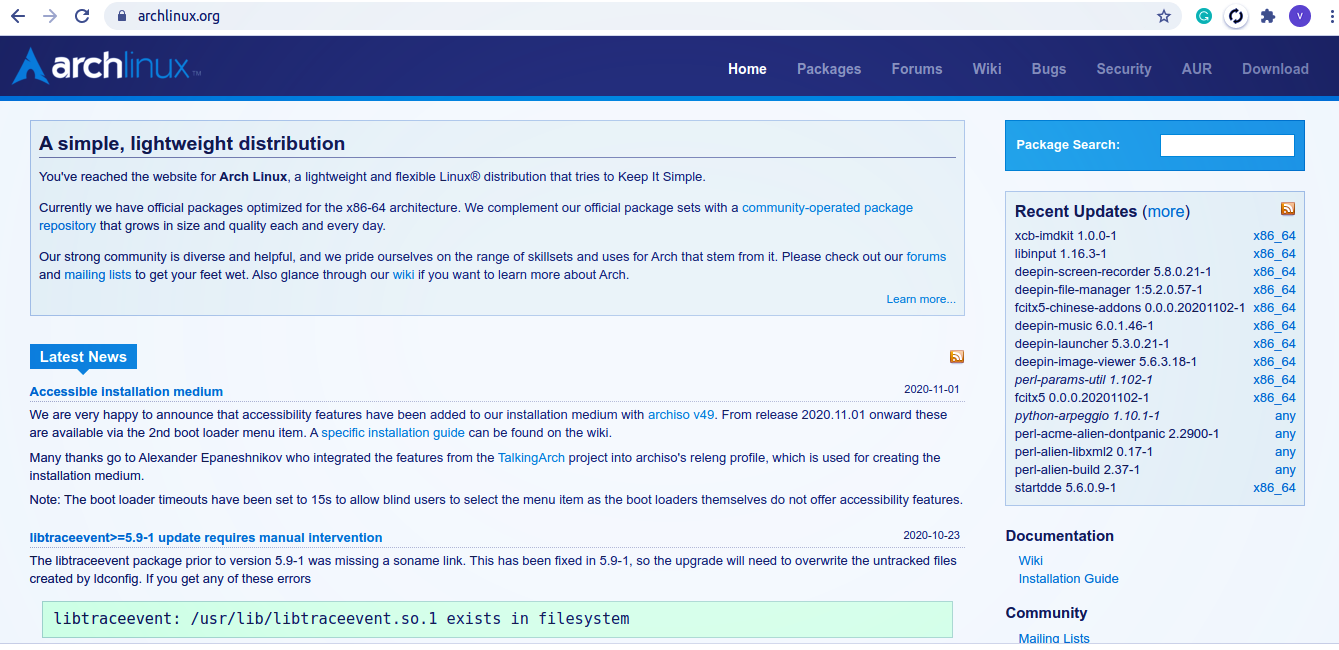
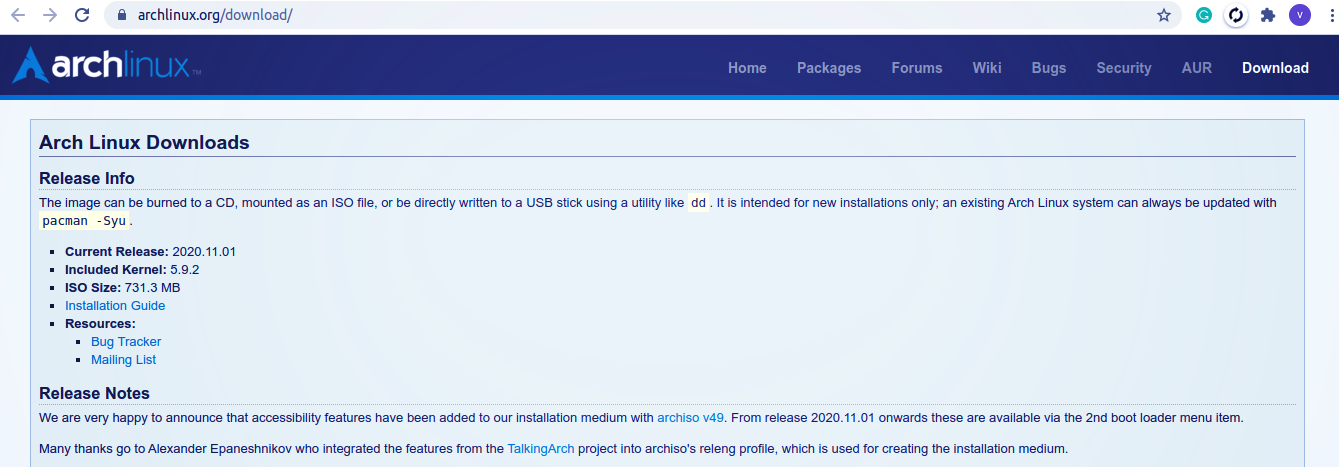
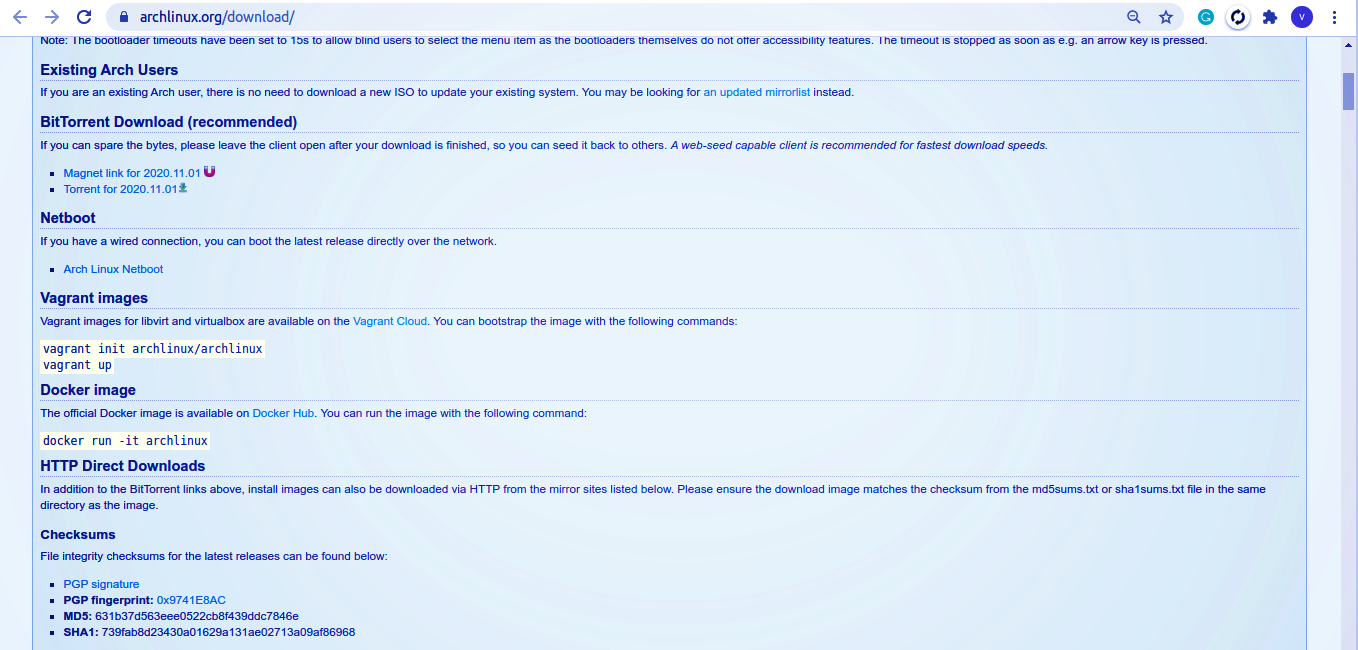
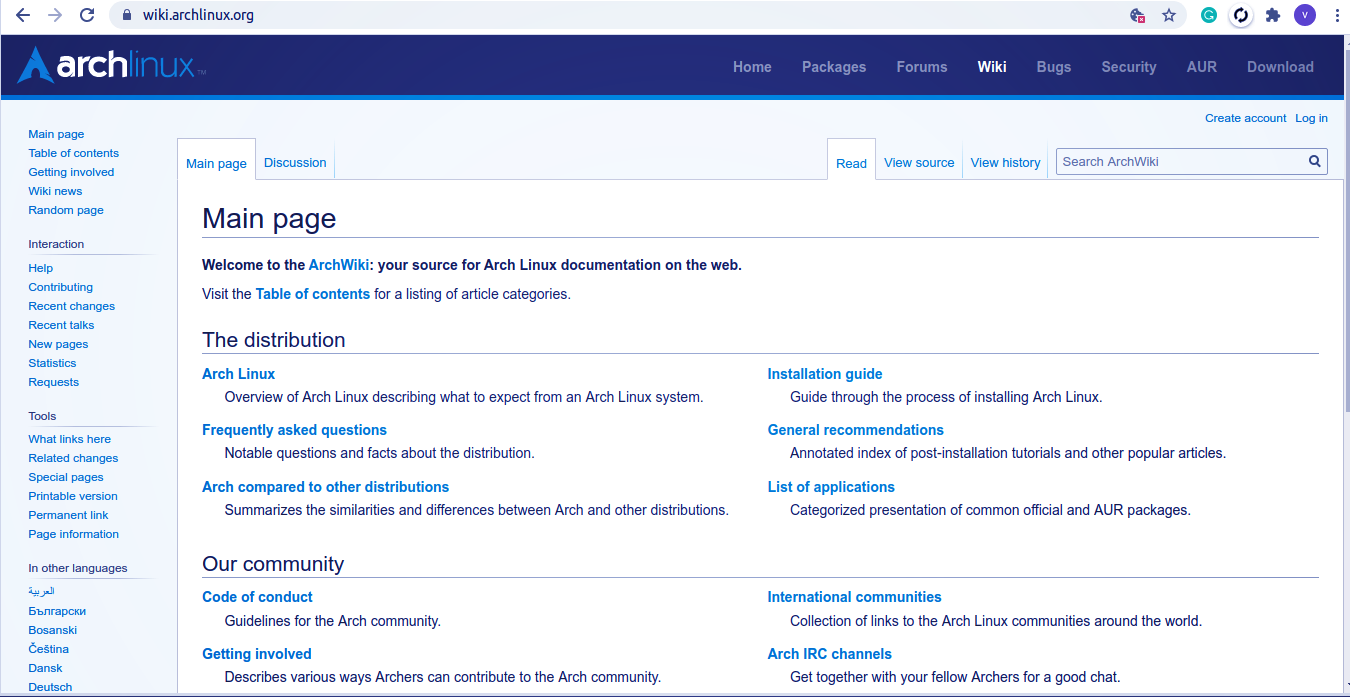
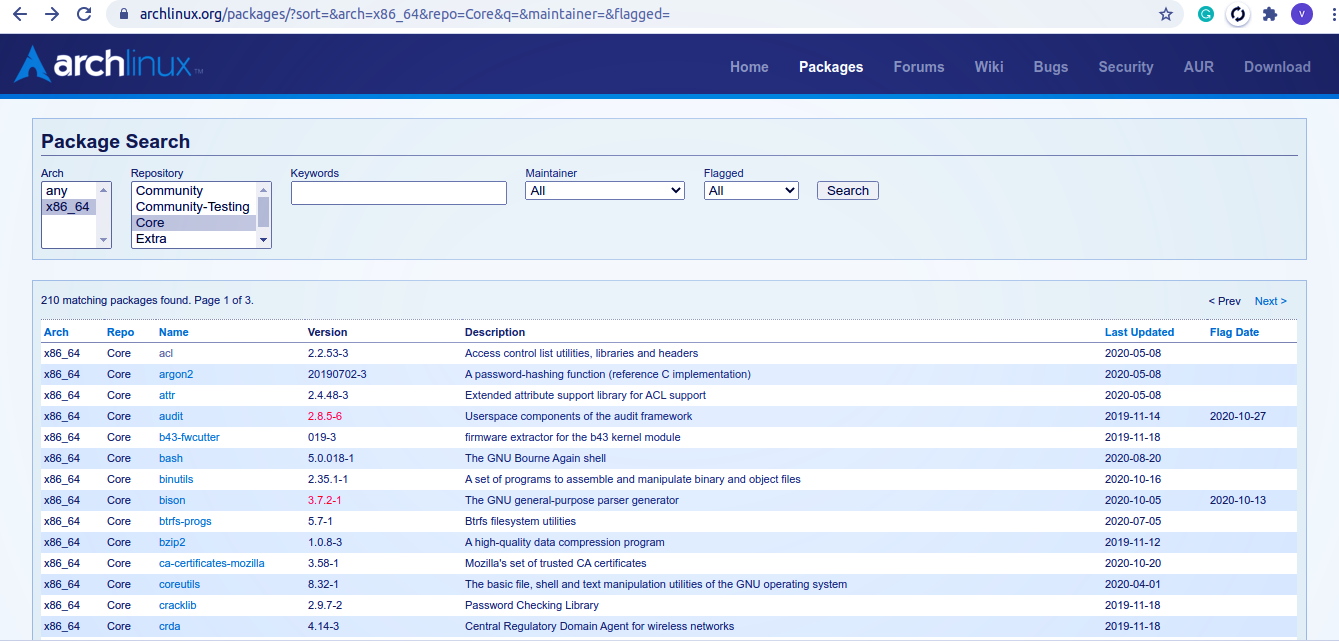
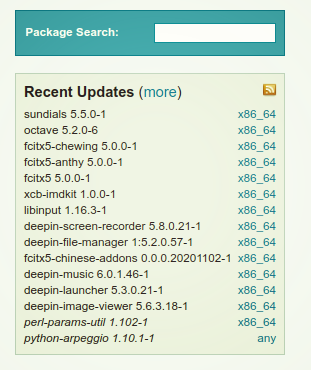
Comments
Post a Comment
Thanks for your valuable input